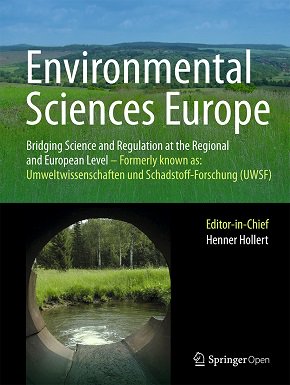Article
25.05.2022
Commentary: Assessing the endocrine disrupting effects of chemicals on invertebrates in the European Union
In a Nutshell
An ECETOC Expert Group has reviewed the state of the science and identified the research needed to enable regulatory assessment of endocrine disruption in invertebrates. As many invertebrate populations are in decline, investigations about the possible contribution of endocrine disrupting chemicals (EDCs) to this decline are justified. The Expert Group’s conclusions are published in the peer-reviewed journal Environmental Sciences Europe (ESEU) [link]. Identifying an endocrine disrupting chemical according to EU regulations relies on the WHO definition that requires demonstrating that an adverse effect in an intact organism is linked to an endocrine mechanism initiated by the chemical within the organism’s endocrine system. However, whilst commonly used invertebrate toxicity tests might identify adverse effects that could potentially be caused by endocrine disruption, few data are available on invertebrate endocrine pathways. This is a major challenge to the development of mechanistic tests that can identify how these effects happen, i.e., the endocrine mode of action.
